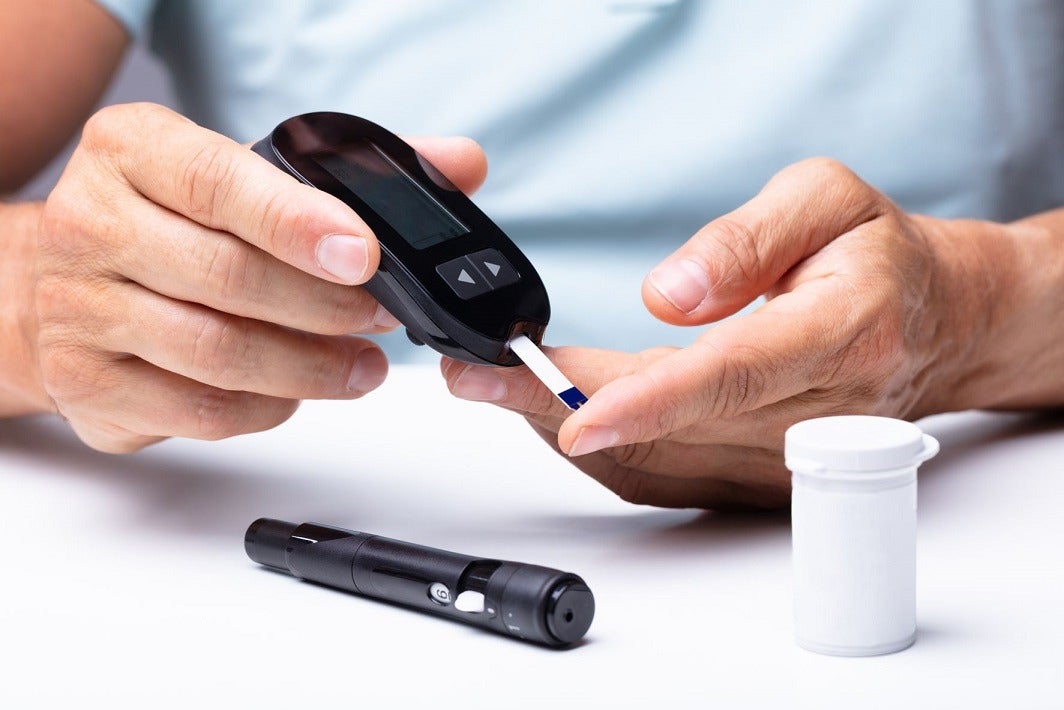
Versantis has won nearly $508,753 (CHF475,000) funding from the Swiss national innovation agency Innosuisse to develop a point-of-care (POC) device for blood ammonia monitoring.
The portable device will be used to monitor blood ammonia in liver disease patients to help detect hepatic encephalopathy (HE), a serious and potentially fatal complication.
Versantis intends to enlist the Zurich University of Applied Sciences School of Engineering for the development of a prototype POC device.
The device will be developed using a polymersome-based ammonia quantification method TS-01, which is developed and validated by ETH Zürich.
Currently in prototype development, TS-01 is designed for the measurement of ammonia in blood at-home, helping in the detection of the main cause of HE.
Versantis chief sales officer and co-founder Dr Vincent Forster said: “There is a great unmet medical need for an accurate and user-friendly device to monitor the levels of ammonia in patients with liver disease.
“Hyperammonemia and its associated neurological manifestations, such as hepatic encephalopathy, affects 30-45% of cirrhotic patients and can lead to coma and death.
“We believe using a novel portable point-of-care device will allow daily monitoring of ammonia, thereby significantly reducing hospitalizations and fatal outcomes for patients, while also saving time, effort, and expense of health care professionals, supporting caregivers, and family members.”
The ZHAW School of Engineering will utilise the Innosuisse grant to develop the optoelectronic component of the device and engineer its biomedical instrumentation.
Versantis holds the exclusive licence to the TS-01 assay, which is based on transmembrane pH-gradient polymersomes that encapsulate a pH-sensitive ratiometric fluorophore.
With the measurement of the fluorescence signal, ammonia concentration in the blood sample can be assessed, the company said.
Versantis CEO Mark Fitzpatrick said: “This Innosuisse grant will allow us to advance our TS-01 technology to a fully-functional in-vitro diagnostic (IVD) POC device and partner with leading IVD manufacturers for planned marketing authorisation and commercialisation.
“This unique technology provides us with a significant market opportunity both as a standalone product and as a companion diagnostic to our lead therapeutic product candidates VS-01 and VS-02, potentially alleviating the growing healthcare burden associated with ACLF and HE.”






